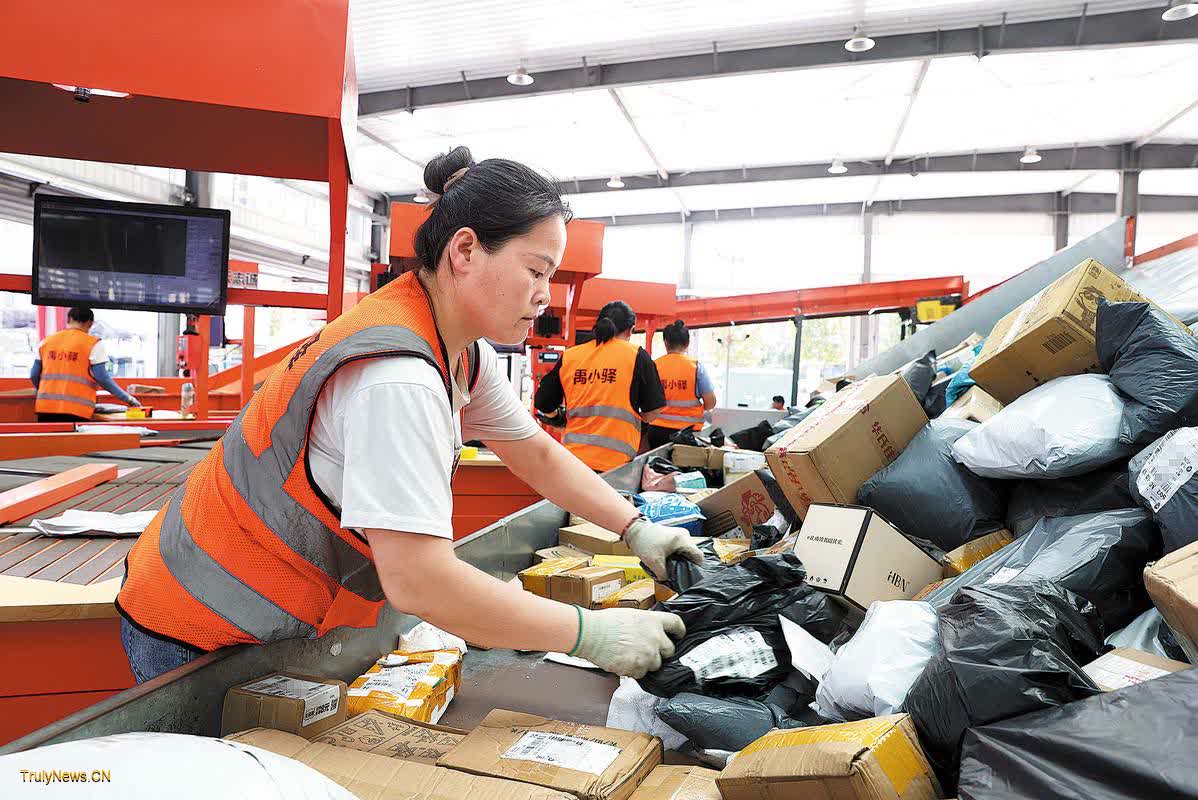
The Double 11 shopping festival has been around for 16 years, during which time it has become an influential consumer event leading to the rapid development of the e-commerce industry. As a window to observe China’s consumer market, this year’s Double 11 presents many new highlights.
For example, Douyin and Pinduoduo kicked off their promotional warm-ups on Oct 8; Tmall and JD.com simultaneously launched their promotional campaigns on Oct 14. Which means this year’s Double 11 shopping festival spans a month, the longest period since it started in 2009. The extended pre-sale period allows merchants more time to prepare and optimize inventory, thus improving the service for all.
Besides, for the first time, government subsidies have entered the scene as a major highlight of this year’s Double 11, with platform discounts combined with government subsidies offering some goods such as home appliances and furnishings at about 40 percent off.
Moreover, in several cities, supermarkets and restaurants are actively participating in the Double 11 promotions, offering customers online discounts while receiving offline services.
In addition, the platforms have shifted their focus from price wars to service upgrades. E-commerce platforms no longer use price wars as a gimmick, while long-standing payment barriers have been removed with WeChat pay fully integrated into Taobao and Tmall, bringing convenience to consumers.
Now consumers have higher expectations, particularly of after-sales services such as returns and exchanges, which is why e-commerce platforms need to further improve their service capabilities.
With increasing application of digital technology, new forms and models of China’s e-commerce industry are emerging, such as livestreaming and instant retail integrating online and offline advantages. The future overseas market will bring greater growth potential.